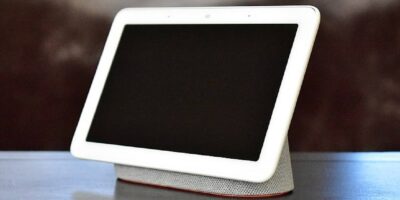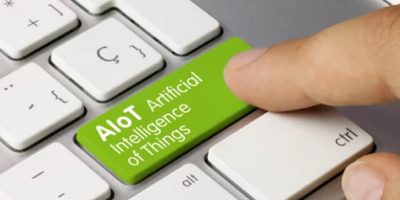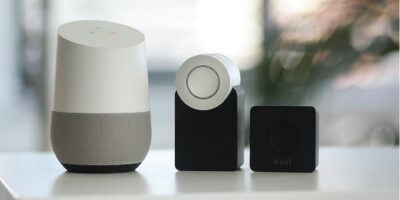
From data-crunching software to robotic arms and self-driven vehicles to the factories of the future, AI is becoming a symbol of the IoT era.
Cognitive computing is another term that is often used interchangeably with artificial intelligence. However, both are slightly different concepts. Knowing the difference between an IoT system running on AI and one running on cognitive computing is crucial to understanding what to expect from each.
What Is Cognitive Computing?
Cognitive computing refers to a new era of super-computing where the computer mimics human brain activity to help humans make better decisions. This is what mostly sets it apart from AI, which makes decisions on behalf of human beings.
Although way too simple, the above definition underlines the true scope of cognitive computing which goes beyond IoT. While IoT is very important, cognitive computing has broader applications in quantum physics, cryptanalysis, aerodynamics and many other academic fields.
With cognitive computing, humans remain in charge of the final decision to be made. Big chip companies including IBM, Intel or Microsoft as well as promising start-ups, are working on cognitive solutions.
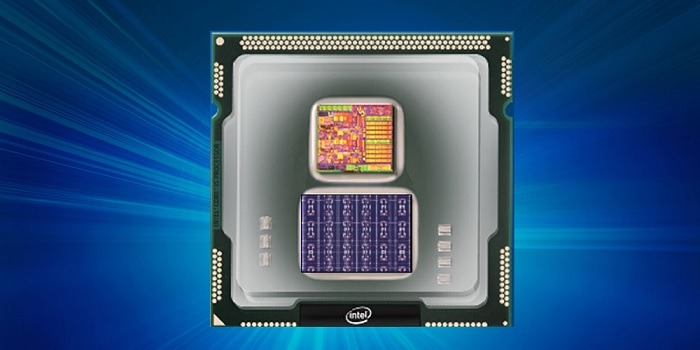
Intel has developed the world’s first neuromorphic chip, “Loihi,” which uses feedback from the environment so that the computer can learn how to respond to any situation.
Clearly, cognitive computing is a big change to the entire computing architecture, as it makes the computer appear like less of a machine and more like a human brain.
Examples with IoT Applications
To analyze big data, cognitive computers can use AI, deep learning, text mining, voice assistants, neuro-linguistic programming (NLP) or machine learning. This helps scientists and researchers solve any problem quickly, apply new hypotheses and scale their models.
While smarter AI assistants can use the exact same tools, their end objective is not limited to number crunching alone. They have a visible application evident in the operation of smart devices.
Let us examine this by using the example of advanced traffic management systems. With cognitive computing, an operator will receive input from all the automobiles and traffic signals in the city. Think of Big Data, cloud computing and route-planning activities.
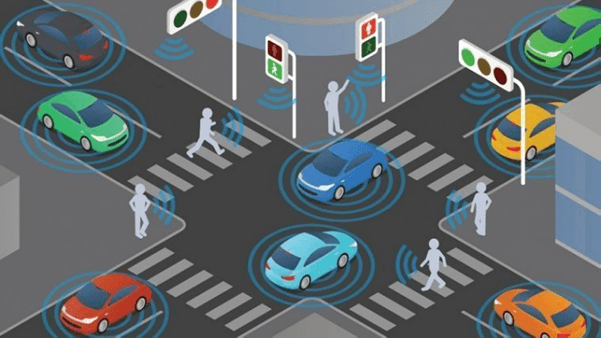
However, the active task of decongesting traffic, guiding pedestrians, preventing collisions and allocating parking spaces would require the help of AI agents. They have to be deployed on the vehicles as well as a central traffic management hub.
In another example, consider the role of these two technologies in managing patient care at a hospital. While cognitive computing can help a busy superintendent keep track of available beds, staff turnover, and time sheet entries, all from the comfort of a mobile app, AI robots can help with actual patient care.

Final Thoughts
This article covers the difference in definitions between artificial intelligence and cognitive computing.
However, ongoing industry trends suggest that IoT companies are not very keen on preserving these differences.
While it is true that cognitive computing is the next giant leap for supercomputers, many people feel that the term has become little more than a marketing gimmick. It could have something to do with how IBM first came up with the term “cognitive computing.”
At the moment the number of companies using both terms interchangeably is rising. AI just might become the only catch-all term in future.
